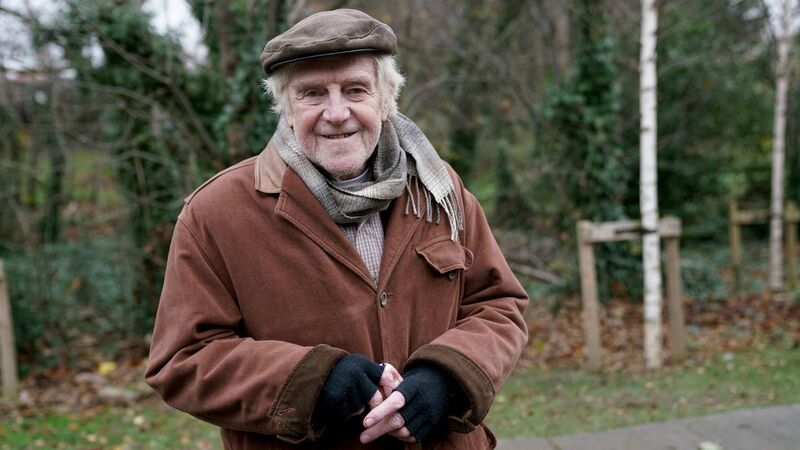'Flann O’Brien had conservative views': Eamon Morrissey picks his cultural touchstones

Eamon Morrissey plays Cass Cassidy in Fair City. Picture: Beta Bajgart
Try from €1.50 / week
SUBSCRIBE
Eamon Morrissey plays Cass Cassidy in Fair City. Picture: Beta Bajgart
Eamon Morrissey, 78, grew up in Ranelagh, Dublin. In 1964, he acted in the world premiere of Brian Friel’s Philadelphia, Here I Come!. He has adapted the writings of several Irish literary figures – including Flann O’Brian, Jonathan Swift and James Joyce – for landmark stage productions. He plays Cass Cassidy in Fair City.
Falling in love with acting
Already a subscriber? Sign in
You have reached your article limit.
Annual €130 €80
Best value
Monthly €12€6 / month
Introductory offers for new customers. Annual billed once for first year. Renews at €130. Monthly initial discount (first 3 months) billed monthly, then €12 a month. Ts&Cs apply.
Newsletter
Music, film art, culture, books and more from Munster and beyond.......curated weekly by the Irish Examiner Arts Editor.
Newsletter
Music, film art, culture, books and more from Munster and beyond.......curated weekly by the Irish Examiner Arts Editor.
© Examiner Echo Group Limited